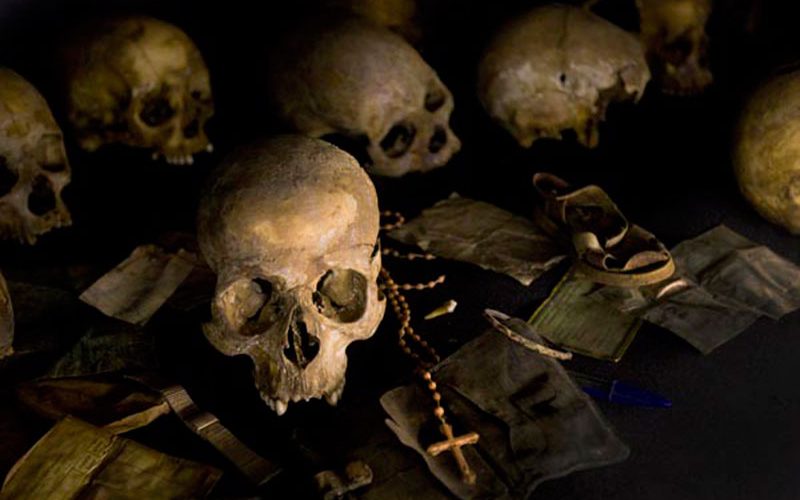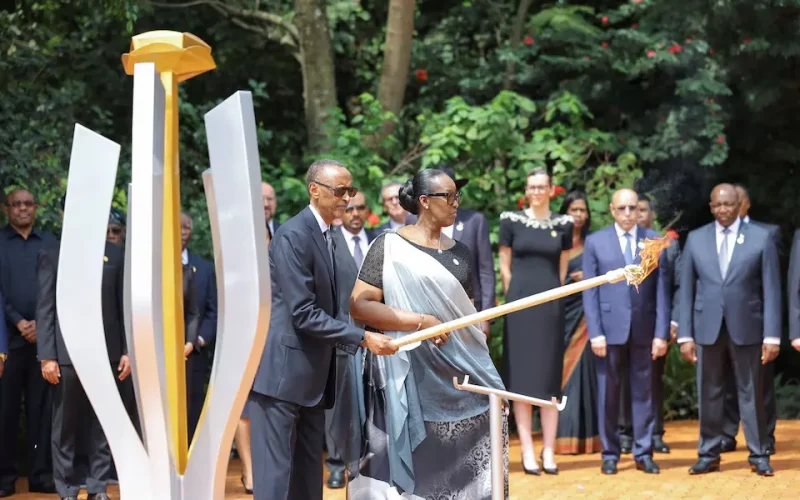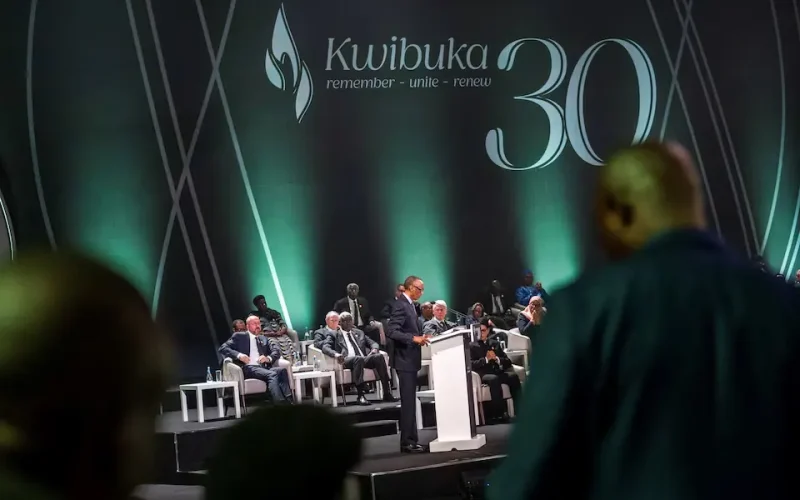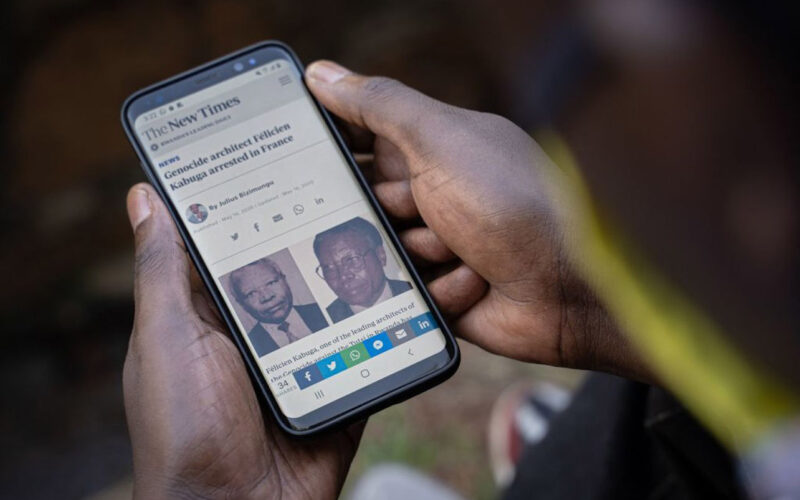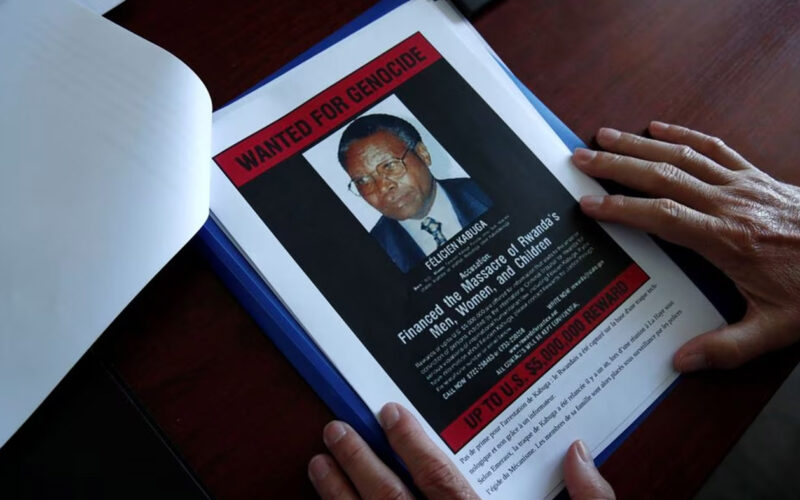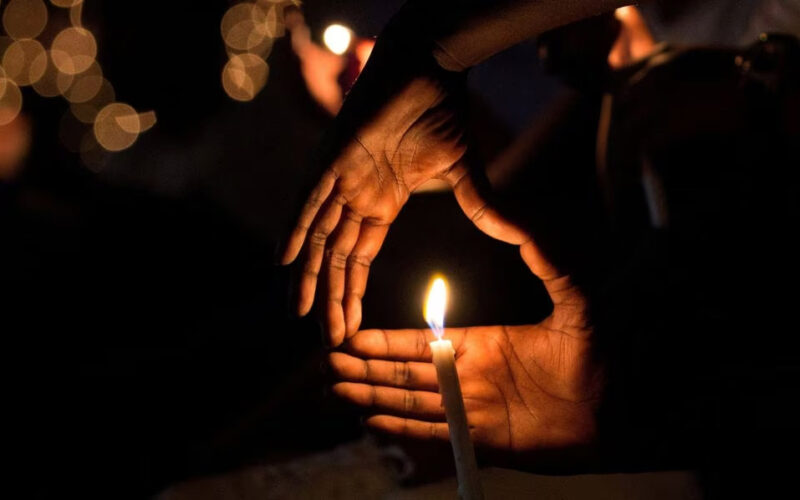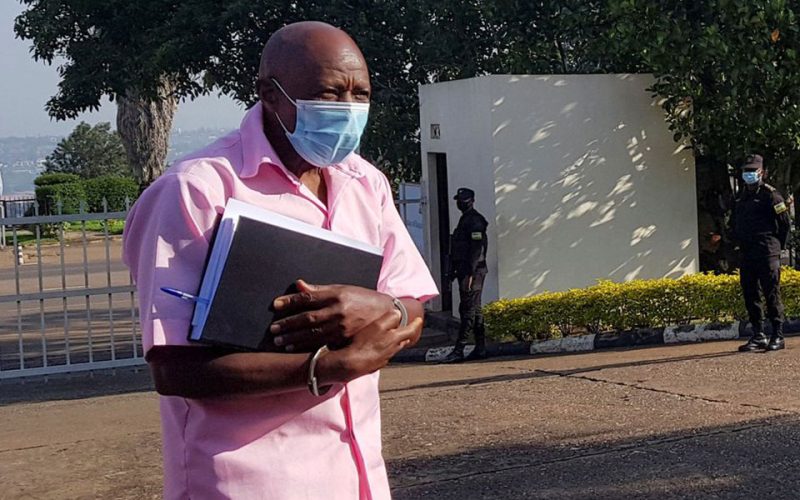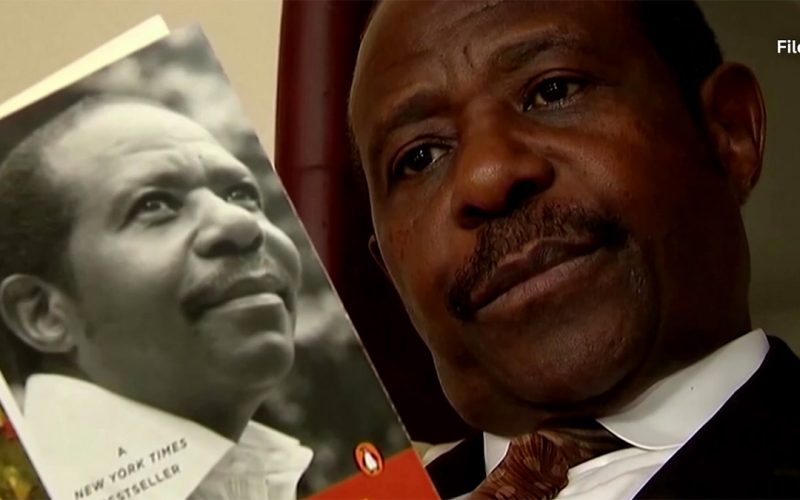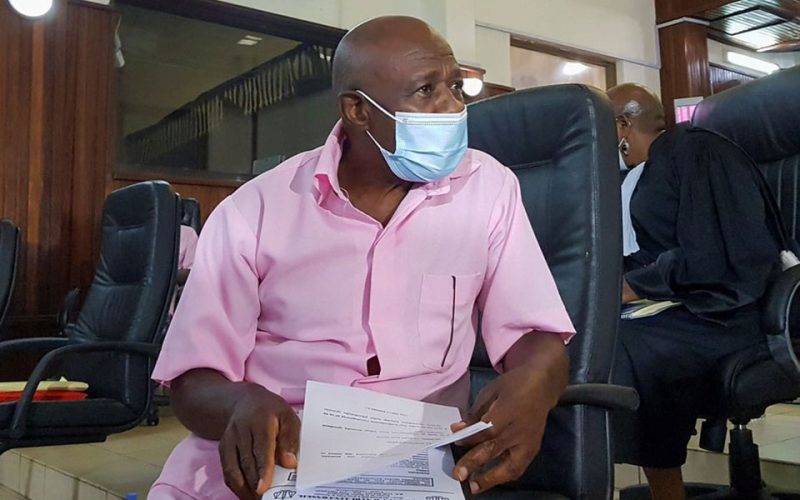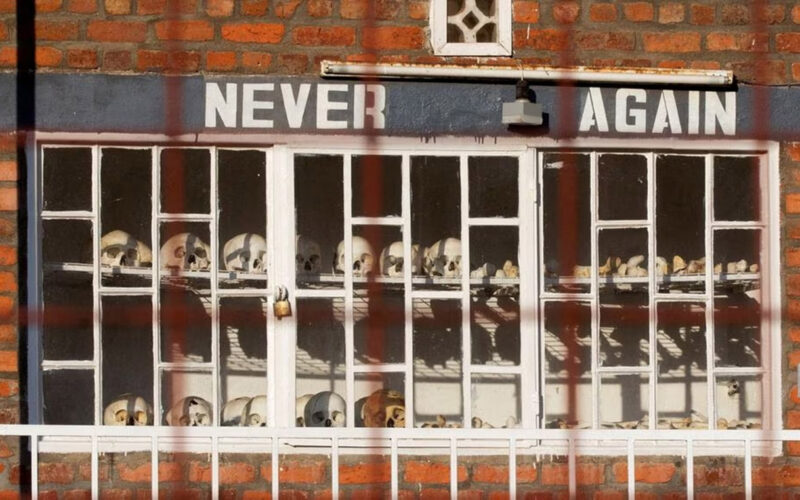
“Rwanda’s genocide could have been prevented”
AS the world marks the 30th anniversary of the 1994 genocide against the Tutsi ethnic group in Rwanda, it is important to understand what the international community could have done to prevent it. In one hundred days an estimated 600,000 to 800,000 Rwandans were killed. The Tutsi were targeted primarily due to long-standing ethnic tensions between the Tutsi minority and the majority Hutu population. Tutsi sympathisers and moderate Hutus were also targeted. As the mass killings were happening, the international community stood by in a stupor, even though the nations of the world had a legal and moral obligation to…

